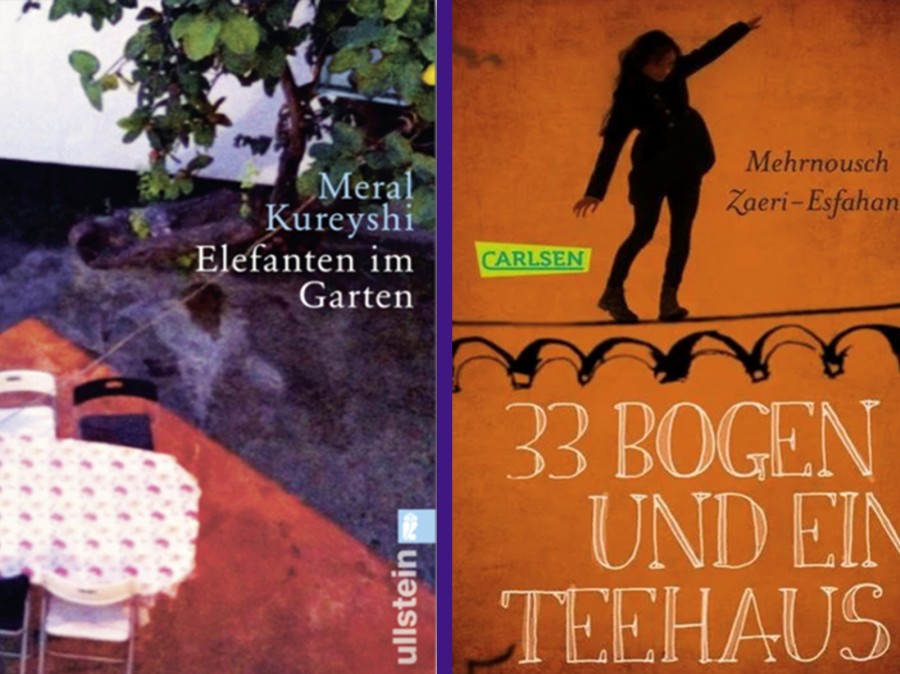Rethinking Heimat and Trauma: Meral Kureyshi’s Elefanten im Garten and Mehrnousch Zaeri-Esfahani’s 33 Bogen und ein Teehaus

Centering Elefanten im Garten by Turkish-Swiss novelist Meral Kureyshi and 33 Bogen und ein Teehaus by Iranian-German author Mehrnousch Zaeri-Esfahani, this lecture seeks to complicate discussions of Heimat (home[land]) and trauma in the German context. The examination of these novels will demonstrate how Heimat, a quintessentially German concept that has been criticized for enacting regressive and exclusionary significations, transcends its conventional strictures, opening up new possibilities as a term that connects, responds to (distant) suffering, and engages someone else’s plight. Furthermore, the lecture advances the argument that the traumatic experiences of “non-Western” or minority cultures, as recounted in both novels, suggest new sites of research to challenge the universal legitimacy of definitions of trauma and its modernist aesthetic of psychic fragmentation and aporia. It contends that cultural and spiritual practices pertaining to Islam as well as common literary tropes and topoi that feature prominently in literatures nurtured in Islamicate contexts (Turkish and Iranian), pose new angles to rethink the notion of trauma—angles that accentuate continuity, perseverance, and recovery.
Varol Kahveci is a Ph.D. candidate in the Department of Germanic Languages and Literatures at Columbia University in New York. Before joining Columbia, he received a Master’s degree in Comparative Literature from Dartmouth College. His research interests in German studies span the 18th through the 21st century, with a particular concentration on the discourse of Orientalism and Occidentalism, contemporary literatures of migration, and transnational German cinema.




